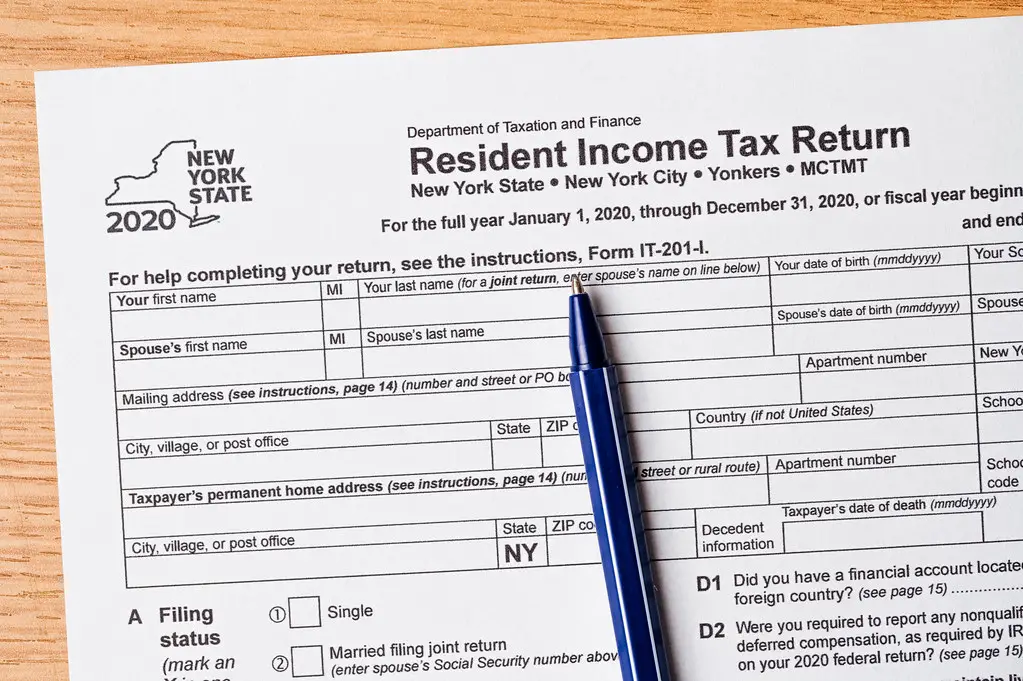1. Extension of Individual Tax Cuts

Key provisions of the 2017 Tax Cuts and Jobs Act (TCJA), such as reduced individual income tax rates, are set to expire at the end of 2025. The new administration may prioritize extending these cuts to maintain lower tax rates for individuals.
2. Increased Standard Deduction

The TCJA nearly doubled the standard deduction, which is scheduled to revert to pre-2017 levels after 2025. Extending this provision would continue to simplify tax filing and provide higher deductions for taxpayers.
3. Child Tax Credit Expansion

The current Child Tax Credit, enhanced under the TCJA, is set to decrease after 2025. The administration may seek to extend or further expand this credit to provide continued support for families with children.
4. State and Local Tax (SALT) Deduction Cap Adjustment

The $10,000 cap on SALT deductions has been a point of contention. There is potential for this cap to be adjusted or lifted, offering greater deductions for taxpayers in high-tax states.
5. Alternative Minimum Tax (AMT) Exemption Increase

The AMT exemption amounts were increased under the TCJA but are set to revert after 2025. Maintaining higher exemption levels could prevent more taxpayers from being subject to the AMT.
6. Estate and Gift Tax Exemption Continuation

The TCJA significantly increased the estate and gift tax exemptions, which are scheduled to decrease after 2025. Extending these higher exemptions would benefit individuals planning to transfer wealth.
7. Preservation of Lower Capital Gains Tax Rates

Current favorable capital gains tax rates could be maintained, encouraging investment by reducing the tax burden on profits from asset sales.
8. Small Business Tax Relief

The administration may propose tax relief measures aimed at small businesses, such as enhanced deductions or credits, to stimulate economic growth and entrepreneurship.
9. Retirement Account Contribution Limit Increases

There may be proposals to increase contribution limits for retirement accounts like 401(k)s and IRAs, allowing individuals to save more on a tax-advantaged basis.
10. Education Expense Deductions

Tax benefits related to education expenses, such as deductions for tuition and student loan interest, could be expanded to alleviate the financial burden on students and families.
11. Enhanced Earned Income Tax Credit (EITC)

The EITC could see further enhancements, providing greater support for low to moderate-income working individuals and families.
12. Tax Incentives for Homeownership

The administration might introduce or expand tax incentives related to homeownership, such as mortgage interest deductions, to promote housing affordability.
13. Health Savings Account (HSA) Contribution Limit Increases

Proposals may include increasing HSA contribution limits, offering individuals more opportunities to save for medical expenses on a tax-free basis.
14. Charitable Contribution Deduction Enhancements

Tax benefits for charitable contributions could be enhanced, encouraging increased philanthropy by providing greater deductions for donors.
